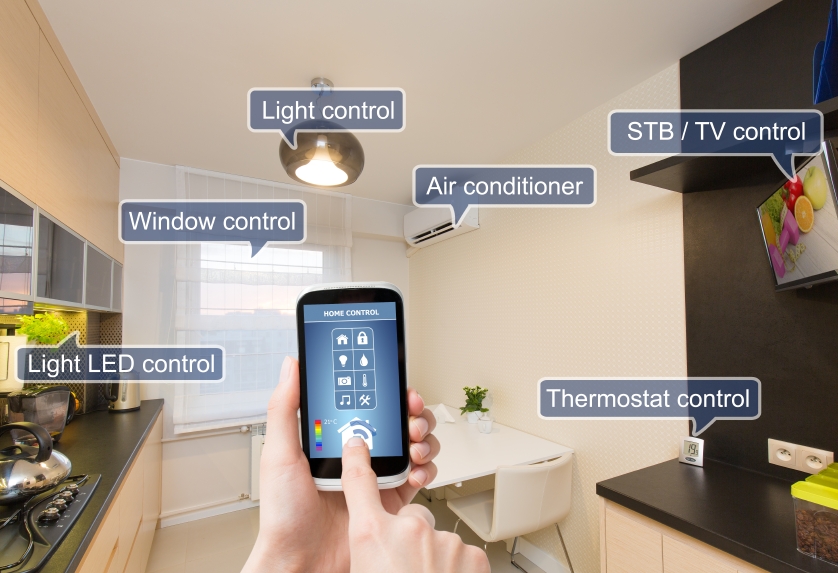You are viewing our site as a Broker, Switch Your View:
Agent | Broker Reset Filters to Default Back to ListSmart Home Hackers: What Real Estate Pros Should Know
April 21 2017

Is smart home technology putting you and your clients at risk? Purported to bring convenience, security, and improved connectivity, smart services are instead bringing unauthorized surveillance, loss of privacy, and compromised data, thanks to the Internet of Things (IoT).
What's the IoT?
It's the combined/synergistic use of mobile apps, cloud storage, big data, automation, sensors and more that are attached to everyday items, processes and systems—part-and-parcel of everything from your phone and laptop to your TV, appliances, door locks, and security. Case(s) in point: Recent WikiLeaks on the CIA's (and other hackers') ability to spy on you via TV – not to mention last October's massive, internet service disrupting DDoS attack.
The IoT-DDoS Conundrum
Each of these items relies on the cloud to operate, either for analysis or as a communications path to other devices, forming a "botnet" of devices. But there is no magical "cloud" – only someone else's computer, such as company Dyn's DNS system – the one hacked last October. Protection from botnets, to date, is woefully insufficient, and devices are so prolific that if a mere portion of those in homes were comprised, it could prove disastrous. The best protection? Keeping these devices out, as even password protected gadgets are NOT secure, and informing clients of smart home risks.
Isn't Technology Grand?
The magic of the cloud comes at a price: continual transfer of personal data (habits, speech, possessions) funneled away to an assortment of third parties is a privacy rabbit hole that leads to technological nightmares.
-
A 2016 Nest smart thermostat glitch caused batteries to drain, leaving consumers without heat – in January – with no way to turn it back on. The fix: nine steps, including a 3-hour charge cycle.
-
Samsung's smart refrigerator photograph contents – great if you lost your shopping list, bad for advertising your prescriptions – and allowing insurers to peruse your dietary choices.
-
Beware of 'smart' tech terms of service, which limits damages, prohibits class action lawsuits, and requires resolution via arbitration.
To view the original article, visit the Properties Online blog.









